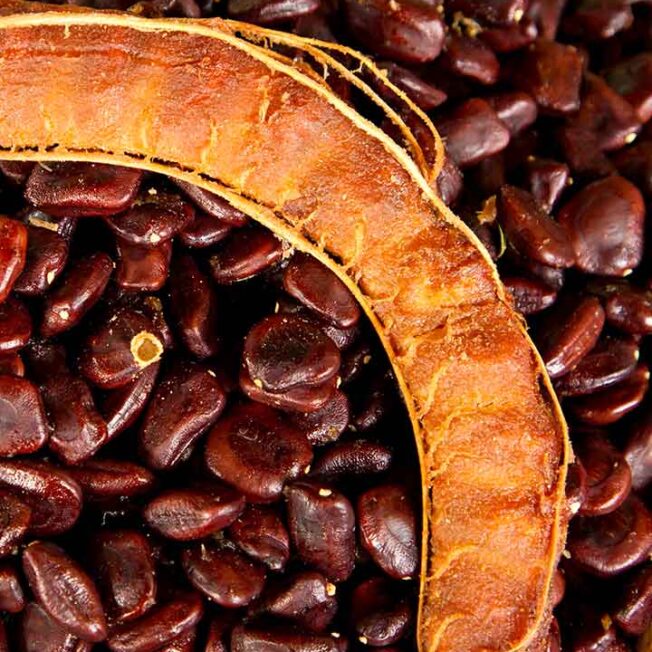Among springtime’s tastiest, most succulent delights are asparagus (Asparagus officinalis), a nutrient-rich perennial vegetable packed with a stimulating blend of essential vitamins, minerals, fiber, and antioxidants. Whether green, white, or purple, these alluring plants are not only a well-loved culinary staple across the globe but also a notorious, often smelly, source of the so-called asparagus pee.
But why exactly does such a not-entirely-pleasant scent follows after a crisp asparagus treat?
According to modern science, the potent asparagus-urine connection comes down to one peculiar compound: asparagusic acid, a nontoxic sulfur-containing chemical that appears to be found solely in asparagus. When enzymes in the human gut break down asparagusic acid, it gets converted into volatile, sulfur-bearing molecules that vaporize when voided from the body, piercing through the air and into the nose. And like several other sulfur-containing foods (think onions, leeks, or cabbage), these sulfur-packed byproducts will typically convey an intense, disturbing aroma when infiltrated into the atmosphere.
Interestingly, these pungent-smelling molecules don’t affect everyone the same, which means that some individuals don’t smell anything unusual in their urine after eating (and, of course, digesting) asparagus. While scientists have long hypothesized the grounds for this phenomenon ⸺ otherwise known as “asparagus anosmia” or the inability to detect the smell in asparagus pee ⸺, there are two general approaches to the asparagusic acid debate: genetics and perception.
For example, a study published by the British Medical Journal in 2016 noted that some genetic variations near olfactory receptor genes were associated with detecting the metabolites of asparagus in urine, suggesting the capacity to perceive the aftereffects of asparagus consumption varies significantly across individuals and populations alike.
In contrast, some scientists report that part of the difference is in production, meaning that some individuals don’t generate the sulfurous compounds responsible for the aroma in urine after digesting asparagus. But, ultimately, each person metabolizes and assimilates food differently. So whether you can distinguish the odor of asparagus pee or not, there are no life-threatening outcomes to formulating or sensing the smell in urine.
3 Health-Boosting Benefits Of Eating Asparagus
Versatile, delicious, and healthful ⸺ what’s not to celebrate about these spear-looking greens? In addition to their impressive nutrient profile, including vitamins K, E, C, A, and B6, together with protein, calcium, iron, and copper, asparagus are also a rich source of phenolic compounds vital to human health. Below, three of the multiple health-brightening benefits of eating asparagus:
-
Digestive Health
Due to their significant amount of dietary fiber (soluble but especially insoluble), asparagus is known for promoting regularity, supporting the immune system, and encouraging a favorable equilibrium of friendly bacteria in your digestive tract.
-
A Good Source Of Antioxidants
From folate and glutathione to vitamin E and anthocyanins, asparagus is a substantial source of antioxidants that can assist the body against damaging free radicals and oxidative stress and reduce the risk of developing chronic disease.
-
Bone Health
Ensuring adequate intakes of iron, phosphorus, and vitamin K are crucial to optimal bone health, which is why eating asparagus might be a great way of supporting bone strength in multiple ways ⸺ think helping your body better absorb calcium and keep bone-related ailments at bay!
The Bottom Line
Eating asparagus is a lovely, nourishing step toward any healthful diet. With ample room for culinary exploration, these spring veggies can be eaten steamed, grilled, blanched, roasted, fresh, sauteed, and beyond, all the while punching remarkable health-offering advantages.




















